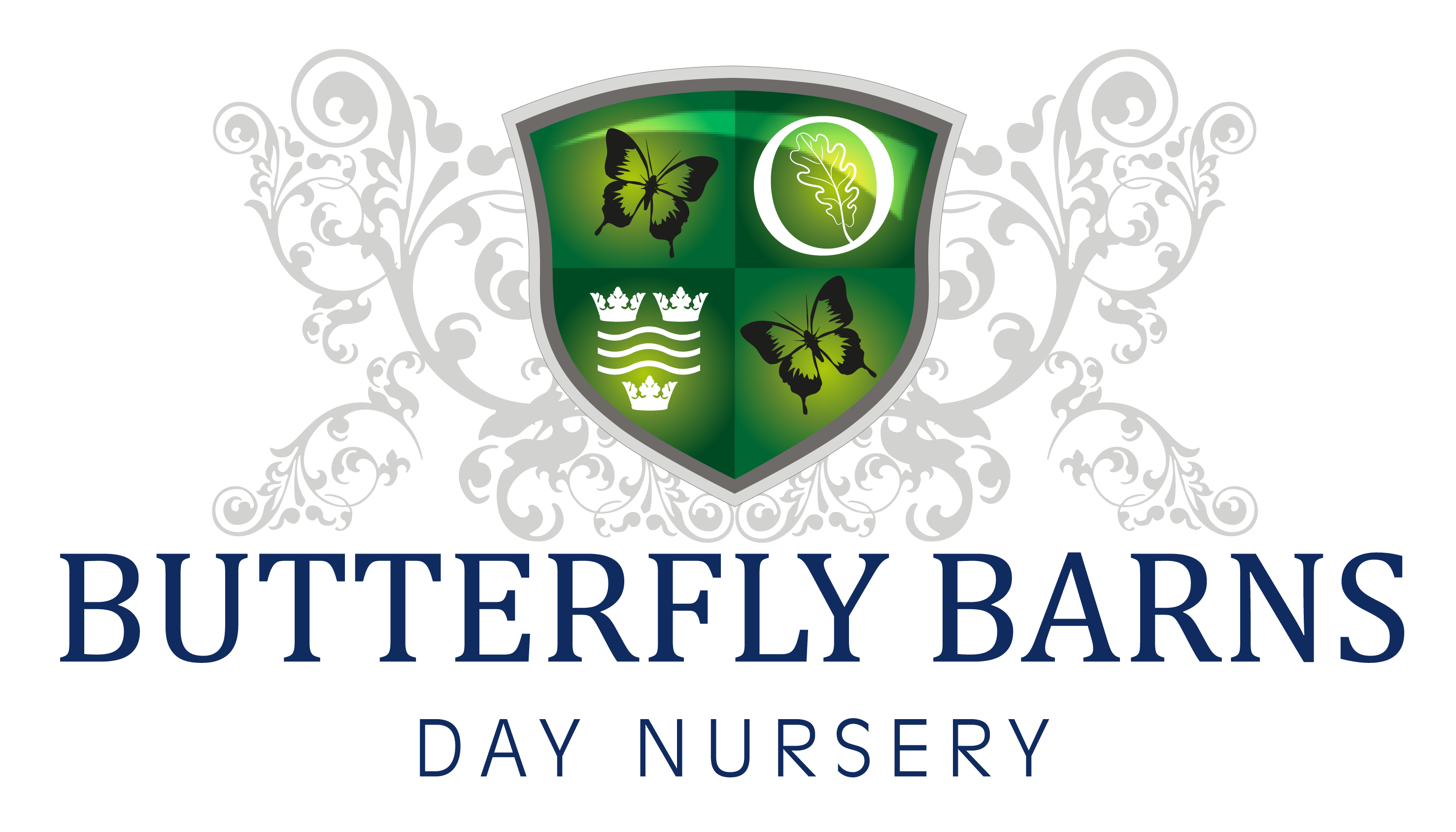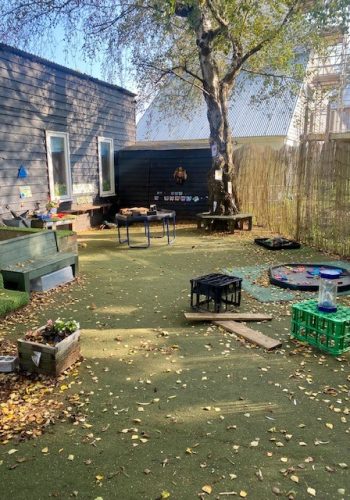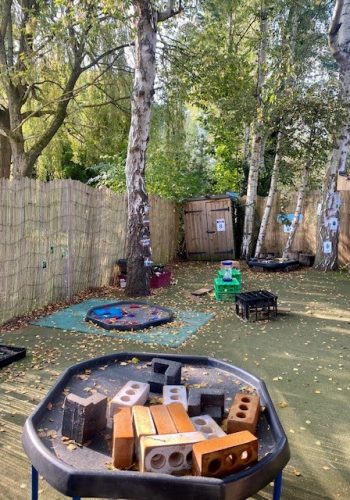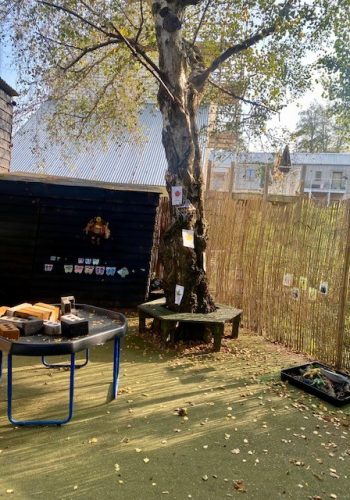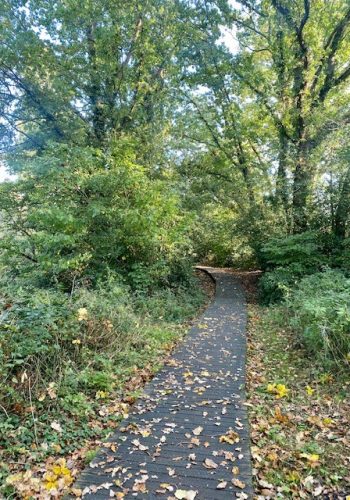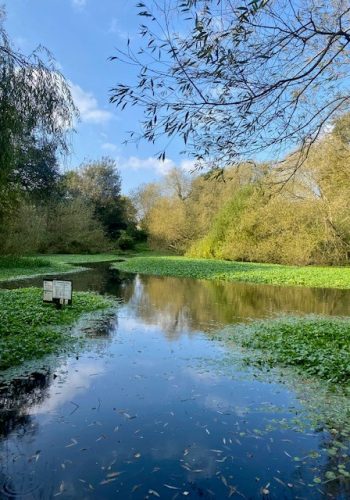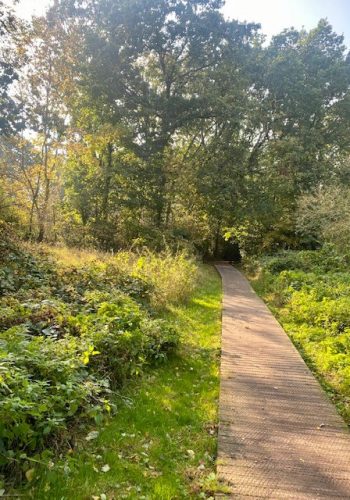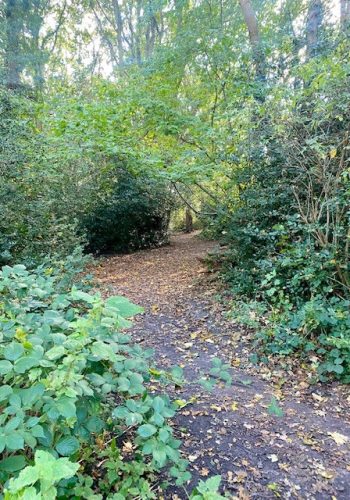Forest Garden
Forest School – which started in Scandinavia – is all about enabling children to explore and experience the natural world through hands-on activities outdoors. The concept has proven to develop the self-esteem and confidence of pre-school children through activities that involve creativity, working together and child-led learning.
What was your happiest childhood memory? Was it watching television? Or was it climbing a tree, running along a windswept beach or paddling in a brook?
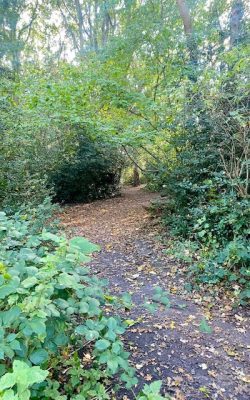

As children explore the natural habitat, they become more in harmony with nature, bringing a sense of belonging and contentment. The core philosophy of Steiner and Froebel is the belief that nature, the rhythms of the earth and the cycles of life are essential for spiritual and physical growth.
Forest School is also a place to assess risk in a safe environment. This challenging play helps develop self-confidence, competence, emotional resilience and a sense of independence. Without risk and challenge, children are at risk of losing their sense of aspiration and ambition.
Children are given opportunities to experience challenge through tasks which are 80% achievable and 20% challenge, this encourages children to try and persevere at a task which is within their abilities to achieve. The low ratio of children to adults means that tasks are tailored to children’s abilities and interests.
NHS guidelines suggest that children under the age of 5 need 3 hours of exercise per day and that it should be a mixture of bone strengthening, muscle building and cardiovascular. The Forest School environment provide a range of opportunities for these needs.
NHS guidelines suggest that children under the age of 5 need 3 hours of exercise per day and that it should be a mixture of bone strengthening, muscle building and cardiovascular. The Forest School environment provide a range of opportunities for these needs.
At Butterfly Barns we have a garden called the Forest Garden this is a place for the children to explore a woodland area. All children will have the chance to experience :
- Exploring the woodland and making dens
- Getting messy and creative in the ‘mud kitchen’
- Planting
- Learning about insects, animals, plants and trees through investigation
- Working as a team and learning problem-solving skills through making dens and structures
- Learning about boundaries and risk assessment
